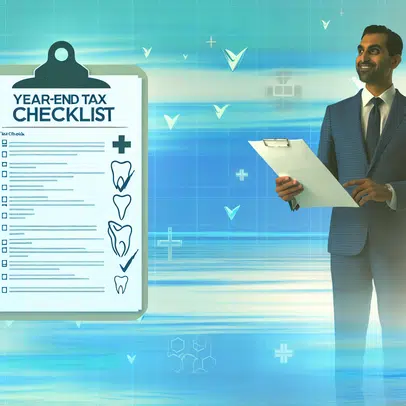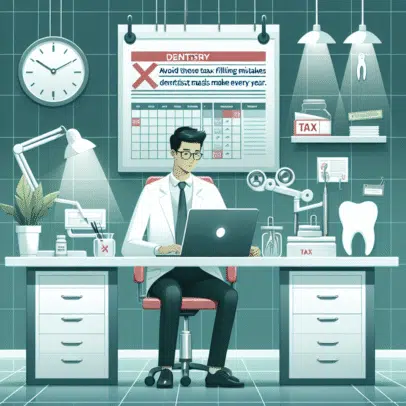How to Track Business Expenses for IRS Audits Successfully
Let’s be honest—keeping track of business expenses probably isn’t your favorite part of running a business. But when the IRS comes knocking, you’ll be glad you did. Tracking your expenses properly can save you headaches, money, and even help you avoid penalties during an IRS audit.
Why Should You Track Business Expenses?
If you’re a small business owner, freelancer, or self-employed professional anywhere in the U.S., expense tracking is a must-do. Not only does it help you understand where your money is going, but it’s also crucial for tax time.
The IRS requires clear, detailed proof of deductible expenses. If you don’t have proper documentation? You may lose out on deductions or worse—face a tax penalty.
What Counts as a Business Expense?
Before we dive into how to track, let’s talk about what to track. In simple terms, a business expense is anything you spend money on that helps run your business. Some common examples include:
- Office supplies (paper, pens, computer equipment)
- Internet and phone bills related to your business
- Travel and meals tied to business purposes
- Marketing and advertising costs
- Professional services (legal, accounting)
Rule of thumb? If it’s “ordinary and necessary” for your business, it’s likely deductible.
Easy Ways to Track Business Expenses
Now that you know what to track, let’s talk about how to track it efficiently.
1. Open a Dedicated Business Bank Account
Keep business and personal finances separate. This makes it way easier to sort your expenses—and the IRS prefers it, too. Imagine trying to explain your grocery bill from three months ago. Not fun, right?
2. Use Expense Tracking Software
There are tons of tools out there to help you stay organized. Programs like QuickBooks, FreshBooks, or even Excel spreadsheets can make tracking painless. Many apps let you link your bank account and automatically categorize your expenses.
3. Save Every Receipt
The IRS loves receipts. Whether it’s a physical copy or a photo on your phone, make sure you save it. Pro tip: Use apps like Expensify or Shoeboxed to scan and store your receipts on the go.
4. Keep a Mileage Log
If you drive for work—even occasionally—you may be eligible for mileage deductions. Use a logbook or apps like MileIQ to keep track of your business miles.
How to Stay Audit-Ready
The key to surviving an audit is preparation. Ask yourself: “If someone looked at this expense, would they know what it’s for?” If the answer isn’t clear, add notes to explain.
To keep things tidy year-round:
- Review expenses monthly instead of scrambling at tax time.
- Label expenses clearly, such as “client lunch” or “conference travel.”
- Back up your records—store digital copies in the cloud or on an external hard drive.
Final Thoughts
Tracking your business expenses doesn’t have to be overwhelming. Think of it like flossing—it might not be fun, but it’s worth it in the long run to avoid pain later. By staying organized, using the right tools, and keeping good records, you can tackle tax season with confidence—and handle any IRS audit like a pro.
So, are you ready to take the stress out of expense tracking? Start today—your future self will thank you.




